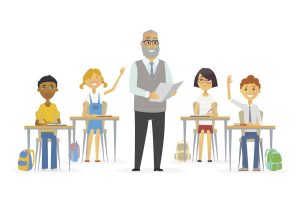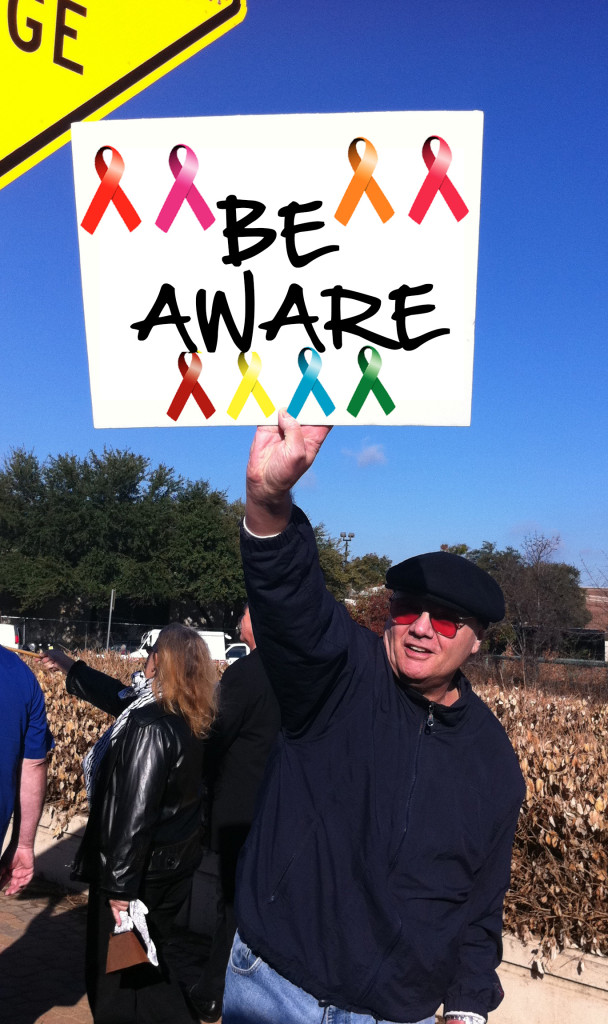It’s important to represent all sides and to teach tolerance in education
By Jessica Berget, Opinions Editor
As someone who is planning to become an educator, I like to note all the things I enjoy and dislike about my past and present educators’ teaching styles. One of the things that irks me most is when my professors have an obvious political bias that they try to impose in their teachings. It makes me feel that I can’t and shouldn’t trust in their education because they don’t look to other perspectives or arguments, and that is not a healthy learning environment. While there is nothing wrong with educators voicing their own political beliefs or opinions, there needs to be discourse for all sides.
Education should teach you how to think, rather than what to think. Political discourse is vital in this aspect, especially in early education. When teachers talk about their own beliefs or political stances with little to no discussion of differing opinions or what other people may think, there is a risk of influencing students to think the same way or indoctrinating them.
In BC, the right for schoolteachers to express their own political stances to students at all has been a contentious one.
Alternatively, trying to remain politically neutral and avoiding these controversial topics is also detrimental to students’ learning. Instead, teachers should be open about their own beliefs while also encouraging discussion and disagreement.
It might be easy for us college students to recognize others’ political biases, but in elementary education kids may not have an idea of the biases they are being taught, whether it be directly or indirectly. Given their teachers’ power and authority over them, students may take what they say as the absolute truth. This is one of the reasons that it is so important to have discussions in early education about all the different political beliefs people may have.
Practicing political discourse also gives students a chance to learn important lessons about tolerance. Some educators attempt to keep their class politically neutral by avoiding controversial subjects altogether. However, by doing this, young students miss out on chances to develop important social skills. Wayne Journell from the University of North Carolina at Greensboro made the same argument in his article “Making a Case for Teacher Political Disclosure”: “For some, such a stance means completely avoiding controversial issues in their classrooms, which prevents their students from practicing skills, such as tolerantly deliberating issues with those who have divergent beliefs, that are essential to civic participation in a politically polarized society,” he stated in the article.
Classrooms are an apt place for these kinds of discussions to take place, so it’s vital to have discourse of all sides of a subject to give students a chance to form their own opinions and to tolerate others. It’s also important to allow students to disagree with their teachers and to ensure that a teacher’s own beliefs are not conveyed as the “correct” view. Journell called this “committed impartiality” in his aforementioned article and emphasized its importance in teaching tolerance. Whether they agree or disagree with the teacher, he wrote, “the result is that students develop greater tolerance for diverse beliefs since they are being exposed to a range of political opinions in a safe environment, which research in both political science and education has shown is necessary for fostering tolerance for ideological diversity.”
I don’t think it’s possible to be truly politically neutral. We all have our own beliefs and biases formed from our own unique life experiences. Educators need to know that these biases will likely come out in their instruction whether they mean to show it or not. By discussing these biases and opinions, offering alternative ways of thinking, and ensuring that all sides are represented, students will learn how to think for themselves and to tolerate and respect other beliefs.


